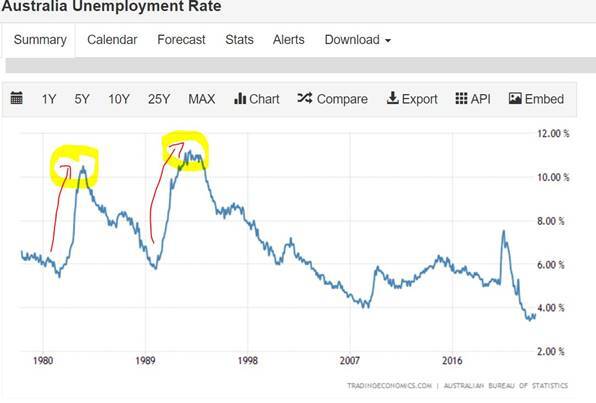SupermanCapes
Team Captain
- Mar 16, 2021
- 444
- 1,475
- AFL Club
- Fremantle
- Other Teams
- Washington Wizards
But the counterfactual you presented was the US conducting drone strikes that kill an ISIS leader while also killing their friends and family as collateral. So whether there is a legitimate target in the vicinity is critical to your point. Otherwise you're trying to compare apples and oranges.The discussion is framed around unarmed civilians, not why the SAS were in the house looking for that specific person for that specific reason.
I'm saying that when the discussion is framed in such a fashion so as to evoke the emotive response, as with killing civilians, it's done to position the SAS as the bad guys and when a bomb kills all those same people the humanity is lost in the numbers - that the person was a valid target only comes up in the one with the bulk casualties because the media aren't interested if the unarmed person killed by a SAS soldier was an enemy combatant.
It seems like for the purposes of writing an article against an Australian institution of power, a person is considered unarmed the second they are not in contact with a weapon and considered a civilian as soon as they are no longer actively engaged against coalition forces.
Just randomly walking into a house looking to find someone non specific, finding that exact person and executing the mission isn't done at random from a roll call list of names chosen at random.
And when a bomb is dropped on a convoy the amount of problems caused for those involved isn't proportional to that caused in these cases by a single executed hit on a targeted individual.
And what are you basing this on, "that the person was a valid target only comes up in the one with the bulk casualties because the media aren't interested if the unarmed person killed by a SAS soldier was an enemy combatant"? Do you have examples of instances where the media accused SAS soldiers of war crimes for killing unarmed individuals that were also enemy combatants?
What about the war crimes charges that are likely to come from this report, released by the ADF? Report finds Australian troops unlawfully killed 39 Afghans
The part where the report described how troops planted radios and weapons on murdered prisoners so they would be categorised as enemy combatants seems particularly relevant.
Are these also reports that don't take into account whether the unarmed person was an enemy combatant?
That the US find ways to justify their own, arguably illegal actions doesn't really have anything to do with the fact that Australian soldiers are likely to have been murdering people outside of the rules of engagement and in contravention of international law.






